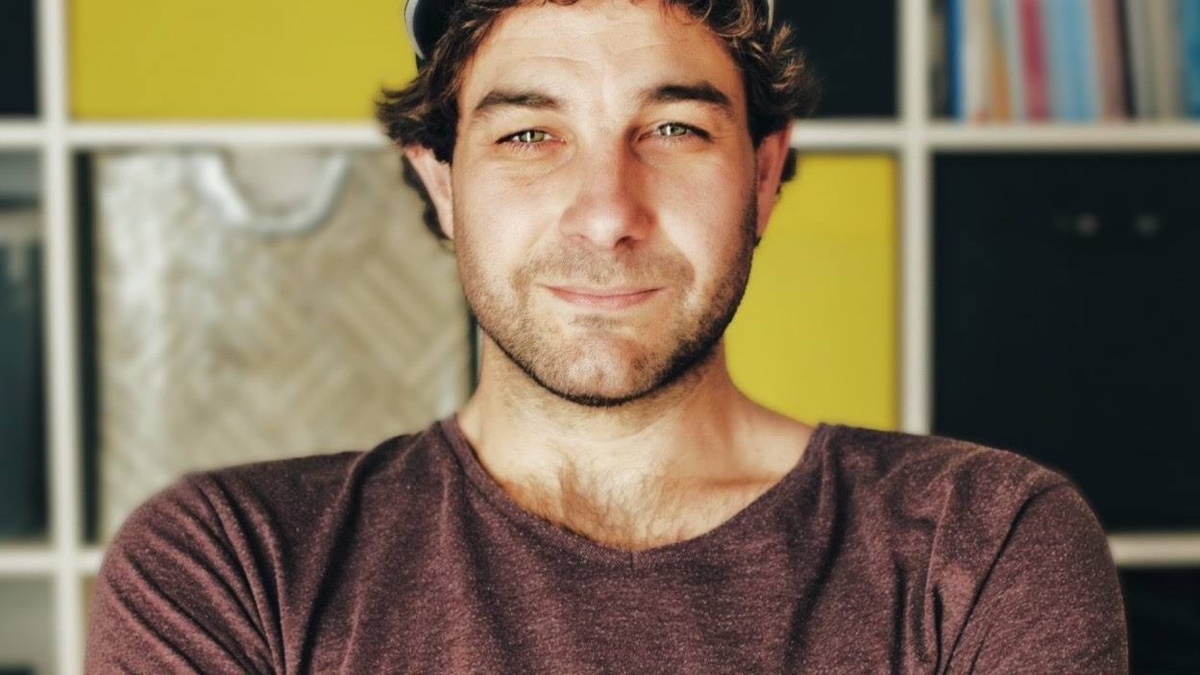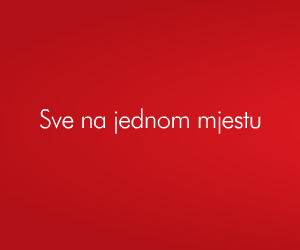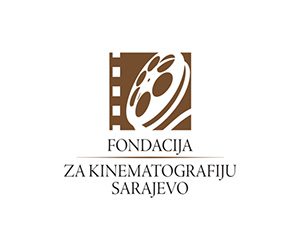
19/08/2020
Mateo Cabeza: My film is about deep pain
Fascinated with real life, everyday in its infinite forms, Spanish director Mateo Cabeza brings 'Paradise' to the 21stedition of the Mediterranean Film Festival - a story of deep, sincere and even healing pain. As he said, his films are a true school of modesty, while as an author he is always in service of the people he films. We wanted to know how he found out about the story of the father and son, their struggle inside the hospital room, and why he wanted to document it.*I met the protagonists after a year of going to a children’s hospital as a volunteer. I wanted to get to know the hospital from the inside, without the need or obligation of making a film. It is a very complicated job because it requires a lot of emotional strength and empathy with the environment. Over time, I met Ahmed and Taha and a very special bond was created between us. They have a special relationship that needs to be shared and that’s why I decided to film it.
You don’t reveal much in the film, the emphasis is on the father-son relationship and the fight inside a hospital room.How is the boy Taha doing now?
I didn’t want to talk about illness or other issues because it wasn’t relevant for the main theme of the film, and it might even be a distraction. A few weeks ago, his kidney was finally transplanted, after years of waiting. He is fine now, at home, out of the hospital.
Did they watch the film and what was their reaction to it?
Ahmad, the father, was the first person who watched the film. His opinion was very important to me, and I must say that he always had complete confidence in me. Even though the film has very difficult moments, he realized the importance of its content. The film is very emotional, it gives the stamp of sincere and selfless parental love.Something we often forget today or take for granted.The film talks about a deep pain. The cry it provokes is sincere, even healing. Honestly, I don’t usually know the central theme of my films, only after I finish them do I go through many personal emotions in their creation until the very end. Since I do all the work myself, it is very hard and exhausting. In this case, I was very attracted to the unusual father-son bond, the spirituality and psychology of guilt that a sick child has, which are deep aspects of the film.
Your films speak about real life. Along with 'Paradiso', this is also evident in the earlier works 'Sevilla Santa', 'Hombre al agua' and 'La vida sigue igual'. How do you choose topics?
I feel that every project has a higher level of depth and complexity, I am fascinated with real life, everyday in its infinite forms, my films are a school of modesty, I am always in the service of the people I film. But the success is relative, I have spent years feeling great acceptance and deep public respect for my work, but I have never received any real help from my city or community, so it is very difficult for me to dedicate myself to it as much as I would like.
How much has this current situation in which the world has become a big quarantine affected you?
Just like everybody, I was in shock. At one point, I saw the best in human intelligence, in addition to the worst in human stupidity.I think if a meteorite fell it would help more to understand what was going on, and then at least people wouldn’t care about money as the main motive.
What scenario do you think is likely to unfold when we talk about returning to the ‘normal’ world?
I will answer with a phrase I saw on graffiti in Brazil: Let’s hope we don’t go back to normal, because normal was the problem.
*Text published in Večernji list


